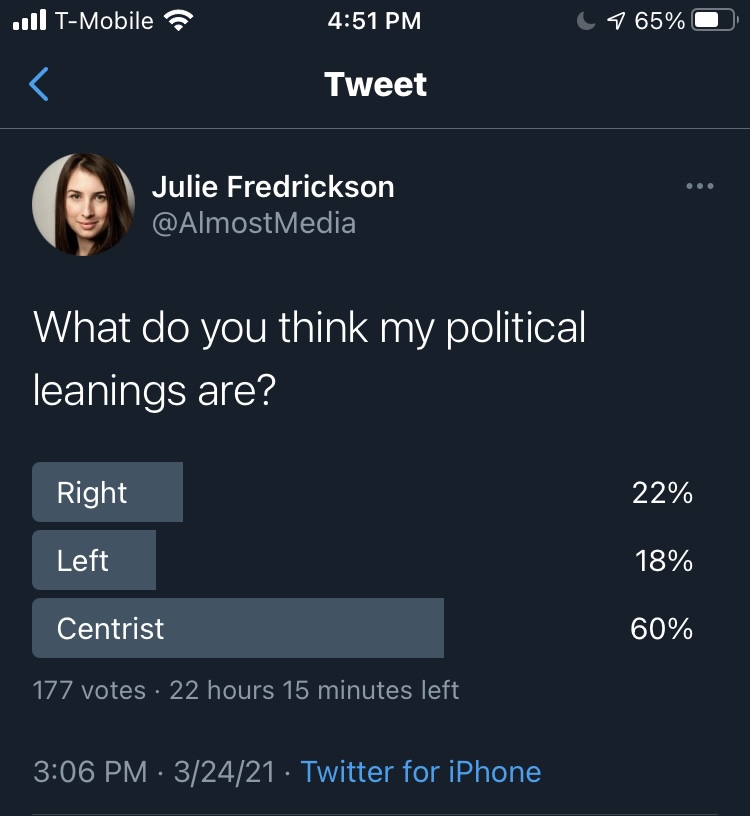I’ve never found it amusing to watch people be incompetent. The fool isn’t funny to me. Television shows with shitty protagonists who can’t do their jobs, and don’t care, make me sad. I don’t find The Office enjoyable. I never understood Arrested Development. I didn’t even attempt It’s Always Sunny in Philadelphia. The shows I gravitate towards are the ones where people want to make good things. Where the competence is the point. Shows like The West Wing, Star Trek, Mad Men, or The Expanse, where striving to be better is either the core virtue or the central tension.
I hate watching dysfunctional workplaces. Shows where the protagonist is fighting against bumbling bureaucracy don’t inspire laughs for me. They make me want to avoid ever being in a large organization. I still fear organizations like Human Resources. The pop culture obsession with being a knowing cynic makes me despair. How is it better to know something sucks, but rather than try to make something better, you laugh about how it all sucks? It’s not fucking funny to me. It’s sad.
I don’t know when America culturally made the transition from believing those at the top had earned it to knowing it’s all a charade but it certainly wasn’t in my lifetime. When I came of age Clinton was already a liar. We knew the history of Vietnam and Watergate so why anyone gave a shit about a blow job was beyond me. The trend only continued with the aftermath of 9/11 and our forever wars. The Obama era seemed like it provided a reprieve for people at least pretending like achievement was a virtue but the backlash was so severe I worry that was actually a fantasy.
I wonder if the “fool” or the jester archetype has become our default aspiration. If entertainment has decided its simply more appealing to play for laughs than the boring tedious reality of building stories around competence don’t get made. We don’t see the inspiration of good work.
Which sucks as being competent feels amazing. Sure I play for laughs and shitpost on social media but I want to assure you that none of that feels as good as doing work well. I don’t care what kind of thing you are making. It can be a meal or a billion dollar company. The satisfaction of competence is deep. No laugh I’ll ever get from a shitpost will ever feed the soul like a real achievement. A sincere creation hits different. Not to say that humor has no plays or that a shitpost doesn’t have virtue (I will and have gone on at length about the creative necessity of shitposting), but that being a fool isn’t the only enjoyment in life. The enjoyments I relish most are where I’ve shown myself to be competent. And I like watching others be competent as well. So please share your accomplishments with me. Even, or especially, the small ones. I think it’s just great.
